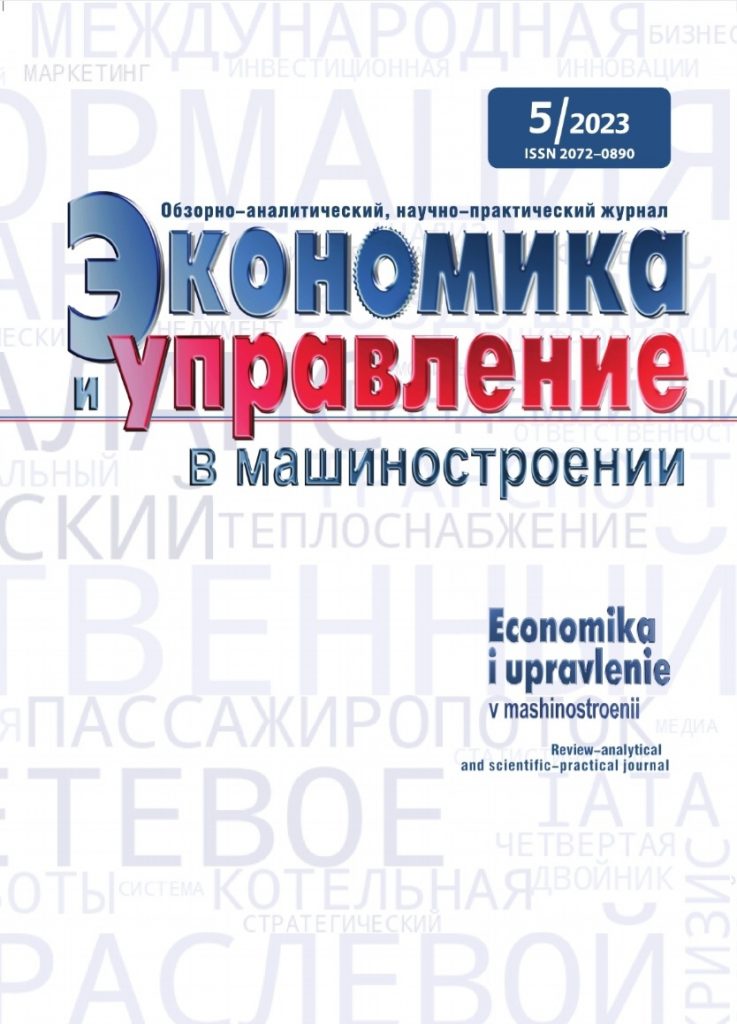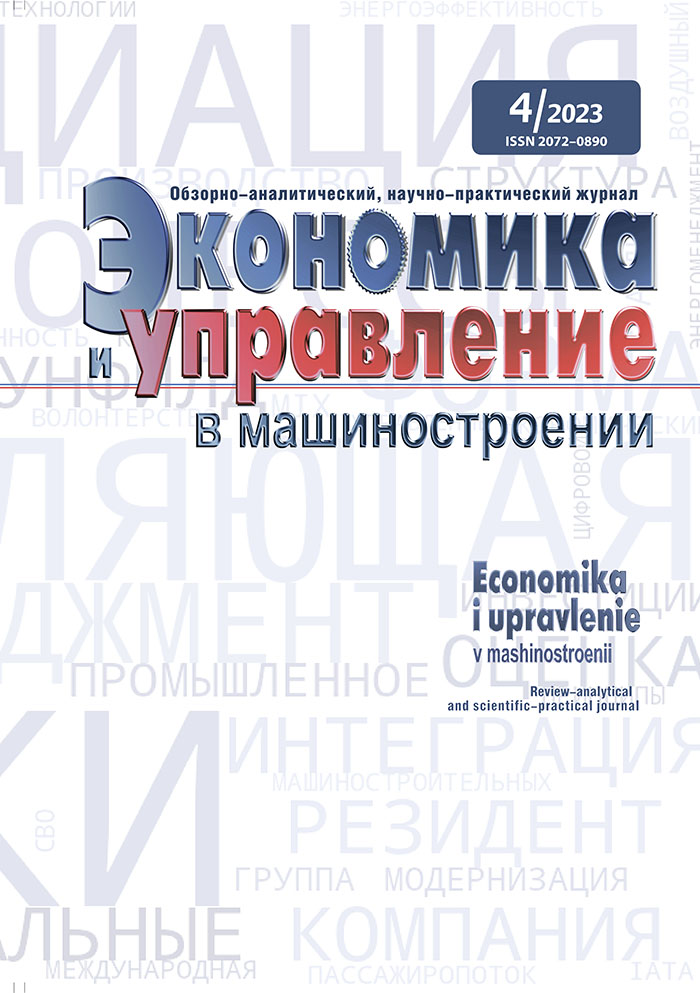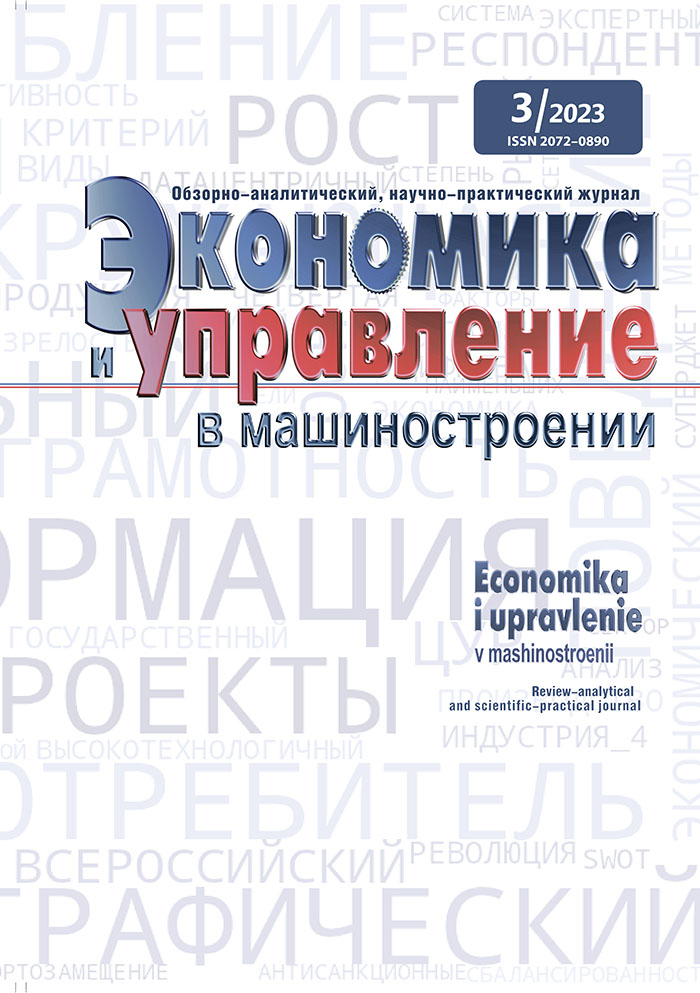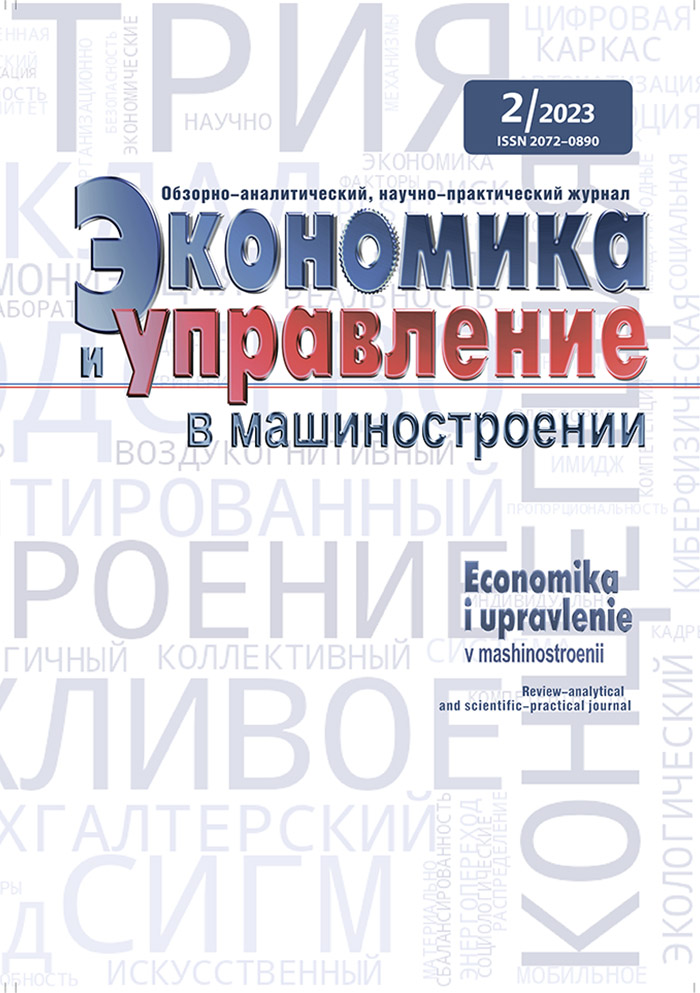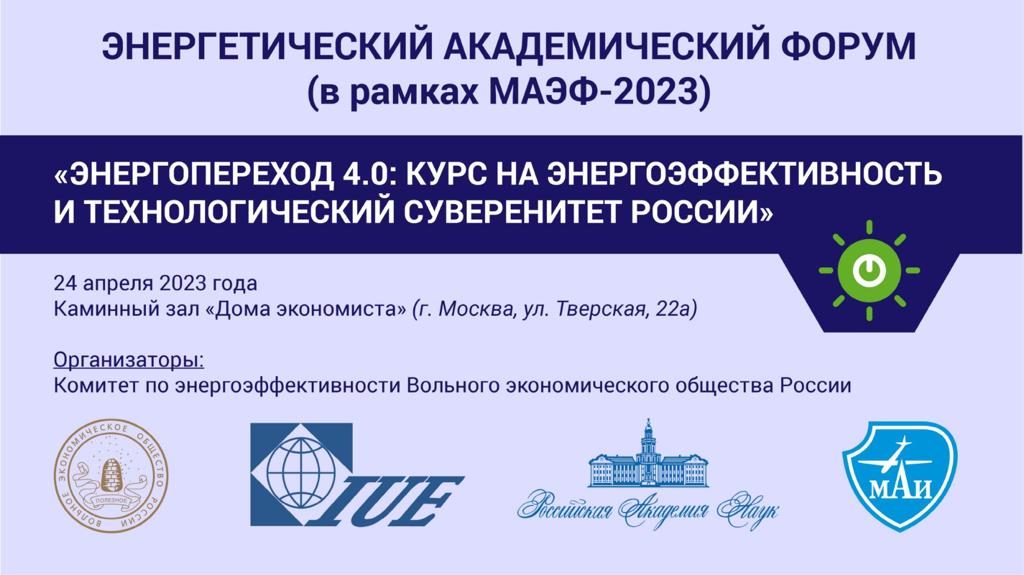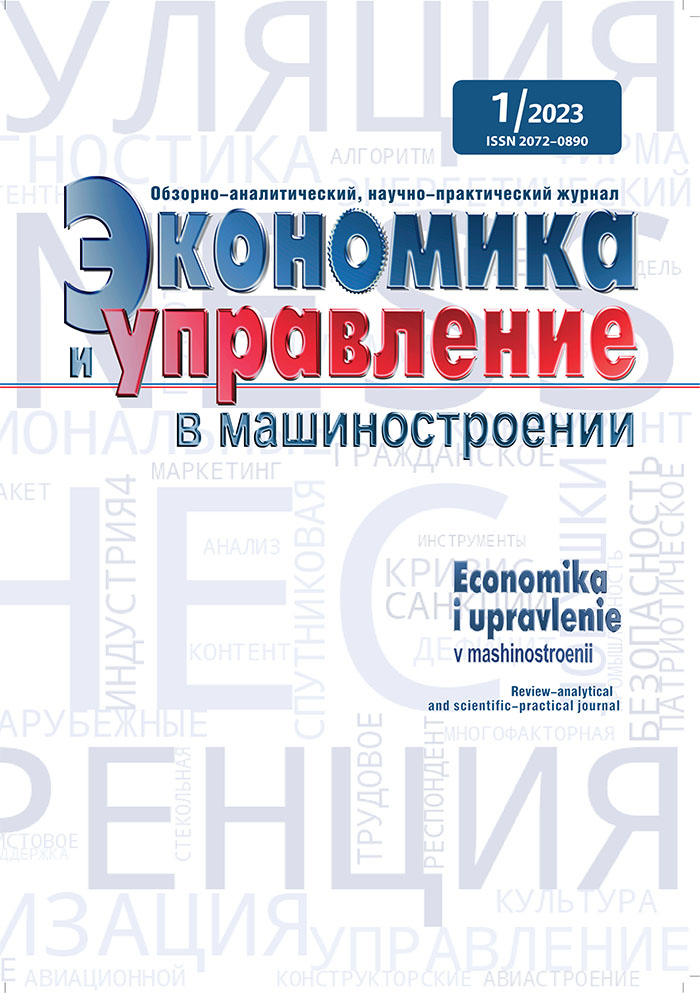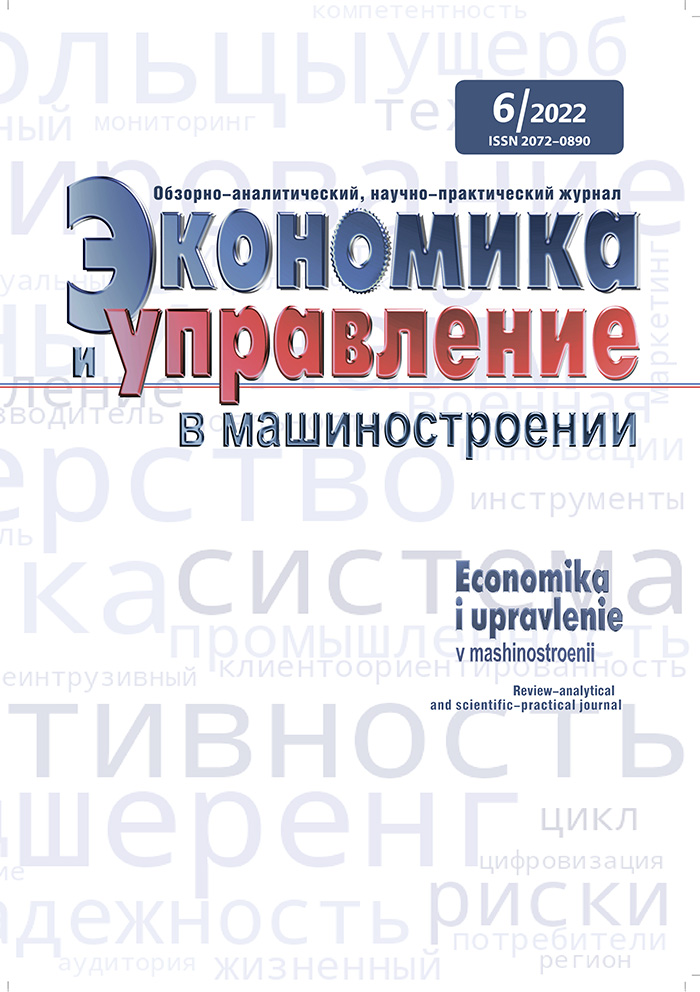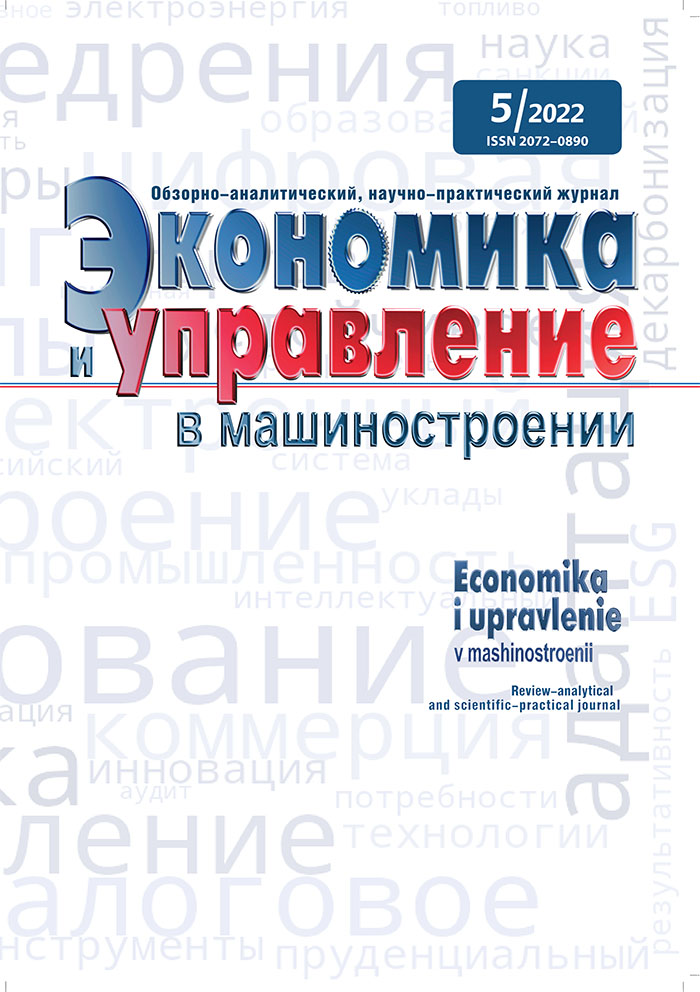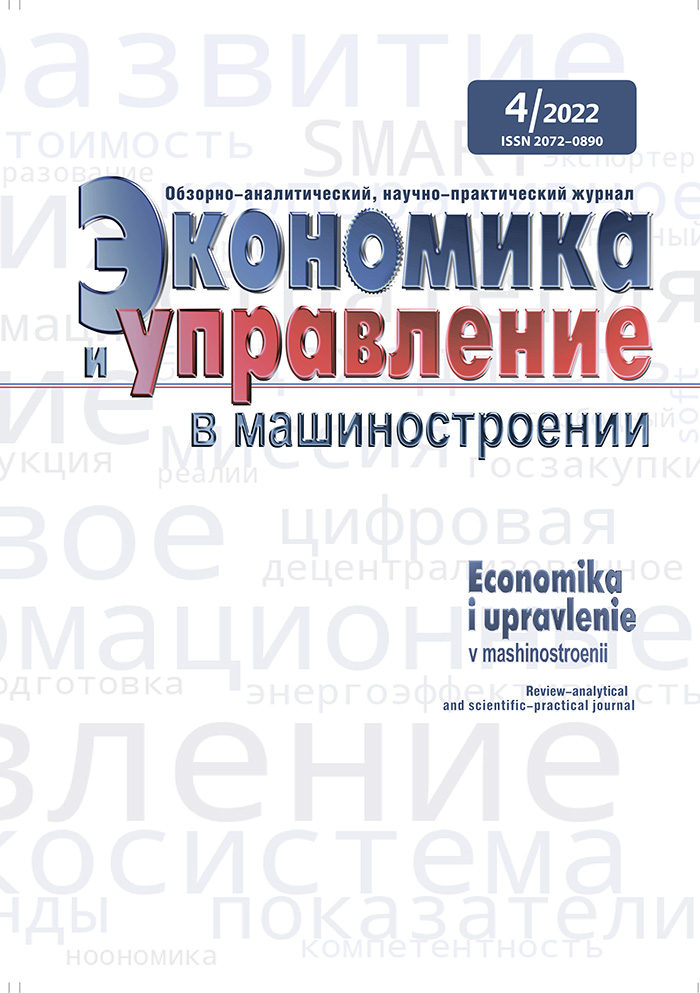OPERATION OF BUSINESS, INDUSTRIAL ENGINEERING
Key technologies for digitizing integrated systems in high-tech industries
Filatov V. V., doctor of Economic sciences, professor at the Commerce and service Department
The Kosygin State University of Russia, Moscow
Abstract:
The formation of integrated systems is an important direction in the development of modern high-tech industrial enterprises. The author analyzes the distinctive features of integrated systems created in the era of the Third Industrial Revolution. The key technologies used for digitalization of integrated systems in the conditions of the Industry 4.0 are considered. Among such technologies, cyber-physical systems, Industrial Internet of Things, artificial intelligence, collaborative industrial robots and digital twins are analyzed.
Keywords: industry, high-tech industrial enterprise, integrated system, Industry 4.0, digital transformation, cyber-physical system, Industrial Internet of Things, digital twin
Problems of strategic inventory management in the machine building industry
Silakova V. V., doctor of Economic sciences, professor Production Organization Department1, professor Urban Economics and Service Industries Department2
1 – Russian State Agrarian University – Moscow Timiryazev Agricultural Academy, Moscow
2 – Moscow Witte University, Moscow
Yelovskiy I. A., postgraduate student at the Business management and service technologies Department in the International institute of management and business
Rosbiotekh, Moscow
Abstract:
The scientific article deals with the problems associated with the strategic management of inventories in the machine building industry. The study is relevant due to the fact that in the context of rapidly chan-ging market conditions and increased consumer demands for quality and availability of products, effective inventory management is an important factor of success for machine building industry enterprises.
Statistical methods, such as the exponential smoothing method and the time series method, as well as the methods of effective inventory management, namely the EOQ method and ABC analysis, are discussed in the article. Key problems are disclosed, such as difficulties in demand forecasting, supply cycle management, loss minimization and utilization, and the use of information systems for data analysis. Key challenges that can help companies in the machine building industry to overcome the challenges and achieve optimal management of their inventory are presented.
Keywords: strategic management, inventory, machine building industry, statistical methods, effective management techniques
Key points in digitizing construction of industrial facilities: contemporary situation and prospects for digital transformation
Meshcheryakova T. S., candidate of Economic sciences, associate professor at the Management and innovations Department
Moscow State University of Civil Engineering (MGSU), Moscow
Nesterenko M. A., postgraduate student at the Management and innovations Department
Moscow State University of Civil Engineering (MGSU), Moscow
Abstract:
The article analyses modern approach to digitalization of an industrial facility, taking into account a concept of life cycle management. The main attention in this context must be paid not only to the main technical systems and business processes of the enterprise, but also to formation of prerequisites for creating a unified digital model of an object during its design or reconstruction, which allows creating a digital ecosystem and maximizing the efficiency of associated management and auxiliary business processes. The study covers the main directions of digital transformation of an industrial facility, taking into account the possibilities of transition to a higher level of digital maturity of the enterprise with an integrated approach to the integration of technologies into its digital architecture.
Keywords: industrial facility, technologies of construction, digital transformation, digital technologies, digital object model, artificial intelligence
Practical aspects in applying industrial internet of things at modern enterprises
Nigmatov R. R., postgraduate student at the Management and marketing of high-tech industries Department
Moscow Aviation Institute (National Research University), Moscow
Abstract:
The article studies advancement of the industrial internet of things and application of the named technology by economic entities at present. Author analyzes the main stages of its formation, and considers its use in public life. The functional capabilities of the industrial internet of things are defined. Domestic platforms through which the technology of industrial internet of things is realized are listed. Problematic aspects that hinder the implementation of the industrial internet of things in domestic enterprises are identified.
Keywords: industry, digitalization, digital technologies, Industry 4.0, fourth industrial revolution, industrial internet of things
INNOVATIVE INVESTMENT ACTIVITY
Prospects for implementation of collaborative industrial robots at high-tech enterprises in course of manufacturing innovative products
Leontyev D. V., postgraduate student at the Management and marketing of high-tech industries Department
Moscow Aviation Institute (National Research University), Moscow
Abstract:
The article is devoted to the study of the prospects for the introduction of collaborative industrial robots at modern high-tech industrial enterprises as part of manufacturing the innovative products. The historical stages of the introduction of collaborative robots into the industrial sphere are analyzed. The functionality of cobots at the present stage is revealed, as well as their differences from industrial robots of previous generations created within the framework of Industry 3.0. Current statistics on the practical application of collaborative robots are provided. The advantages and disadvantages of installing collaborative robots in an industrial enterprise are determined.
Keywords: high-tech industrial enterprise, innovation, innovation and investment activity, digital transformation of the enterprise, industrial robots, collaborative robotics, collaborative robot, cobot, Industry 4.0
MARKETING, SALES APPROACH
Current trends in the development of digital marketing in Russian industry in the context of Industry 4.0
Vartanian A. A., candidate of Physical and Mathematical sciences, doctor of Economic sciences, professor of the Information technology in public administration Department
MIREA – Russian technological university, Moscow
Sorokina E. A., student
Moscow Aviation Institute (National Research University), Moscow
Abstract:
The article is dedicated to reviewing the current trends in the development of digital marketing in the Russian industry, actively evolving in the context of the Fourth Industrial Revolution. The authors conducted an analysis of a number of existing definitions of the term «digital marketing» in Russian science. The article examines current trends and technologies in the field of digital marketing, including the development of mobile marketing, the formation of marketing communications in social media, and the use of artificial intelligence technology.
Keywords: Industry 4.0, industrial enterprise, digital technologies, digital marketing, marketing communications, mobile marketing, social media, artificial intelligence
ENERGY SAVING AND ENERGY EFFICIENCY
Key aspects of digitizing power saving at high-tech industrial enterprises
Yermolayev K. A., candidate of Economic sciences, assistant professor at the Innovations and investments Department
Kazan (Volga Region) Federal University, Kazan
Abstract:
In modern conditions, energy saving is one of the important approaches to increasing the efficiency of high-tech industrial enterprises. In this study, the author analyzes the key aspects of digitalization of energy saving in the context of the Fourth Industrial Revolution. Particular attention is paid to the review of digital technologies that have significant potential for improving the energy efficiency of enterprises. Such technologies include cyber-physical systems, machine analysis of Big Data, artificial intelligence and digital twins.
Keywords: high-tech industrial enterprise, energy saving, Fourth Industrial Revolution, digitalization, digital technologies, cyber-physical system, machine analysis of Big Data, artificial intelligence, digital twin
Alternative boiler house: legislative initiatives for heat supply reform
Babich B. P., postgraduate student at the Management and marketing of high-tech industries Department1, leading specialist at the General Directorate2
1 Moscow Aviation Institute (National Research University), Moscow
2 PJSC Mosenergo, Moscow
Abstract:
The relevance of this work is due to the energy strategy of Russia in the field of heat supply. More than 60 % of the thermal energy in our country is generated and supplied to consumers in centralized heat supply systems. It is necessary to take into account the long-standing lack of regulation in this area. However, when discussing various models of heat supply, it is important not to limit ourselves exclusively to the potential price effect for consumers. The evaluation of any model should also include an analysis of its impact on the reliability and quality of heat supply, as well as its ability to attract investments and provide guarantees of return on investment in heat supply facilities. Therefore, the suggested problem and its solution must correspond to a specific model. This article is intended to complement the description of the problems and advantages of the industry and their origins, exploring the consequences of the introduction of a new model of the thermal energy market, known as the «alternative boiler house».
Keywords: alternative boiler house, heat supply, new model, thermal generation, tariffs, heat supply system
QUALITY PRODUCTION, COMPETITIVENESS
Corporate social responsibility in machine building: contemporary trends
Kolesnikova O. V., candidate of Economic sciences, associate professor of the Management of energy and industry Department
National Research University «Moscow Power Engineering Institute», Moscow
Zhokhova P. Ye., senior lecturer of the Advertising, public relations and linguistics Department
National Research University «Moscow Power Engineering Institute», Moscow
Abstract:
The article discusses the main approaches to the creation of environmentally friendly products. The characteristic of basic principles of ecological management and policy of social responsibility of business is given. The main tools of environmental management are considered. The research data on the use of environmental management by Russian companies are presented. The experience of Russian manufacturers of environmentally friendly and ethical goods in different categories is analyzed.
Keywords: environmental entrepreneurship, small business, environmental management, creation of environmentally friendly products, social responsibility
FOREIGN EXPERIENCE
Foreign practice of local manufacturing content
Kostygova L. A., doctor of Economic sciences, professor at the Management and marketing of high-tech industries Department
Moscow Aviation Institute (National Research University), Moscow
Sorokin D. D., postgraduate student аt the Management and marketing of high-tech industries Department
Moscow Aviation Institute (National Research University), Moscow
Abstract:
The article discusses the current trends in localization of industrial production of machine-building enterprises abroad. It has been established that this process is most actively carried out in the petrochemical, automotive, shipbuilding industries of Norway, Canada, Singapore, India and other countries. The foreign experience of reshoring has been studied. Conclusions are drawn about the expediency of using this experience in the Russian industry.
Keywords: localization of production in mechanical engineering, foreign experience, reshoring in developed countries
ANALYTICAL RESEARCH
Analysis of prospects and problems of development of the Russian passenger air transportation market amid Western sanctions and restrictions
Zemlyanskaya N. B., candidate of Economic sciences, associate professor at the Management and marketing of high-tech industries Department
Moscow Aviation Institute (National Research University), Moscow
Kazakova N. V., candidate of Economic sciences, associate professor at the Management and marketing of high-tech industries Department
Moscow Aviation Institute (National Research University), Moscow
Abstract:
This article examines and analyzes statistics that illustrate the impact of sanctions imposed on the Russian Federation by the West because of the special military operation, as well as restrictions imposed in Russia and around the world during the COVID-19 pandemic. In addition, there are a detailed study of the restrictions themselves and the analysis of the scope and nature of their consequences.
Keywords: International Air Transport Association (IATA), passenger traffic, pandemic crisis, sanctions, economic effect
Contribution of balance to contemporary ecosystem (part 2)
Smirnov V. G., doctor of Economic sciences, professor at the Management and marketing of high-tech industries Department
Moscow Aviation Institute (National Research University), Moscow
Abstract:
The article describes ways to achieve a balance of factors of production, which is an integral part of the more general problem of achieving balance (equilibrium) of the entire national economy of the country (intersectoral balance), and achieving a balance of factors of production means doing work to ensure the implementation of strategic national priorities of socio-economic development of the country.
Keywords: balance of factors of production, intersectoral balance, the law of least, the method of network planning and management, the degree of obtaining the synergetic effect of the system
Analytical features of the study of economic indicators that diagnose the effectiveness of mesoterritorial development
Barinov M. A., candidate of Economic sciences, associate professor at the Economics of innovation and finance Department
Vladimir State University named after Alexander Grigoryevich and Nikolai Grigoryevich Stoletovs, Vladimir
Abstract:
The article presents approaches to monitoring and evaluation of regional systems with the identification of the components that potentially affect the economic efficiency of functioning of the territories. The relevance of the article is determined by the objective features of development of the mesoterritories. The analysis of the spatial features of functioning of the systems was carried out on the materials of the Volga Federal District. The purpose of the study is to assess the features of genesis of the regions using regression analysis and the resulting indicator – the Gross Regional Product, which allows us to give a more reliable characterization of transformation of mesoterritoriums
Keywords: mesoterritorium, indicators, gross regional product, development

